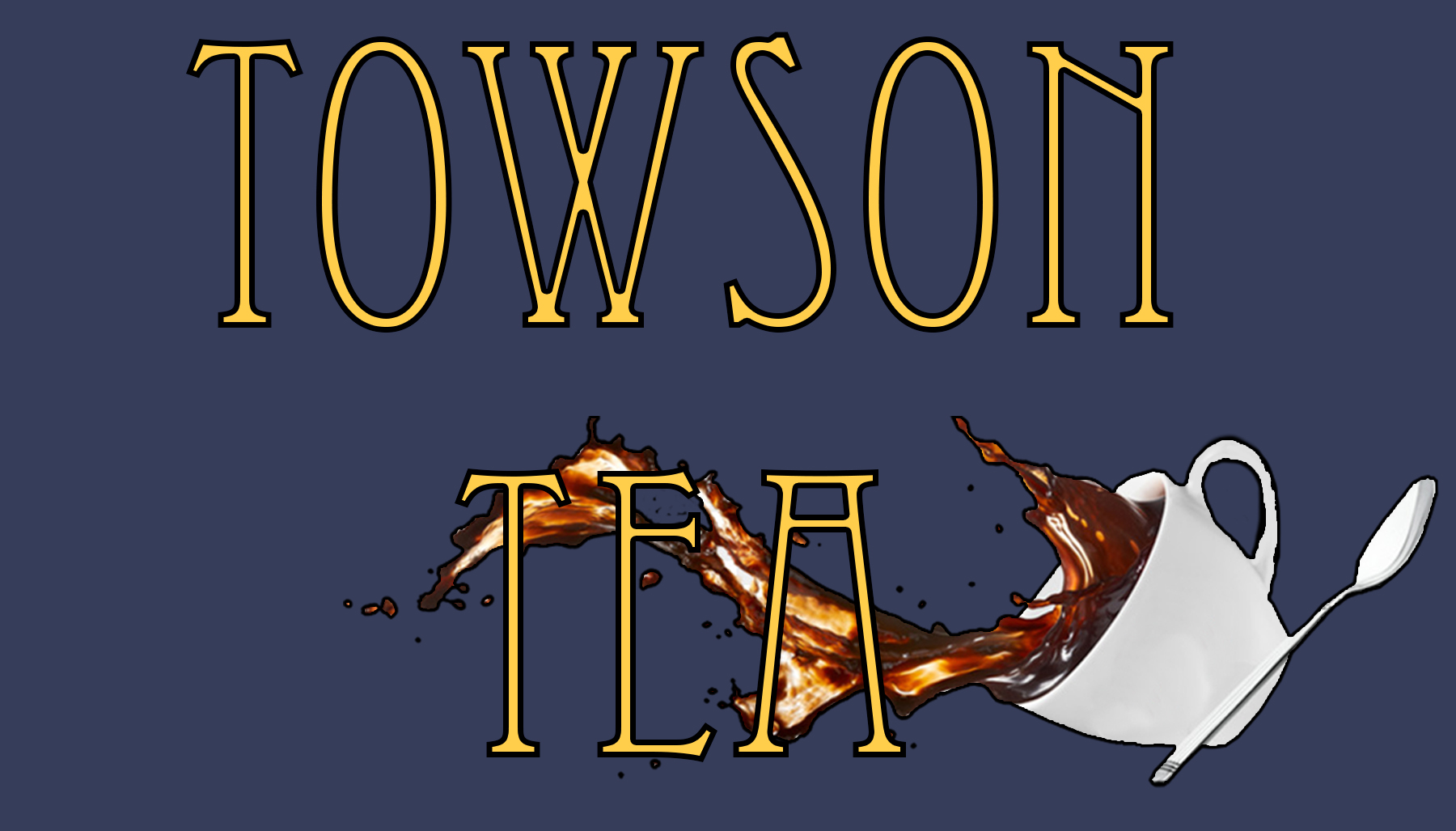
Levels of demand during this crisis
By: Miranda Mowrey, Columnist
I am one year away from receiving my Bachelor’s degree in economics, but please refrain from asking me to explain GDP (Gross Domestic Product) to you.
I do, however, have a firm grasp of the law of demand:
A consumer’s demand for a product changes based on changes in their income, preferences, prices of other goods, and future expectations. When demand increases, the consumer sees more value in the good and is likely to buy it at a higher price.
So you know the people who hoarded four dozen rolls of toilet paper and left us all rationing one square per bathroom visit? The demand for toilet paper increased because these people expected that future toilet paper supply would run out. This shift in demand is the reason the most exciting part of your week was spotting a pack of Charmin Ultra Soft at Wal-Mart (P.S. this product may not be available at your local Wal-Mart).
The law of demand can even apply to our changing mindset and behavior during this crisis:
I have noticed a change in consumer preferences, in that we have shifted what we choose, or “prefer,” to worry about. The anxieties associated with frivolous, man-made problems have somewhat dissipated.
Sweating over acing a biology exam or finding the perfect formal dress are rendered futile when reality has become so raw and sobering. It’s like when ladies everywhere bravely (and correctly) decided that low-rise skinny jeans are the catalyst for self-esteem problems and that instead, we should embrace high-rise jeans that tuck just about everything in.
Our values changed and along with them, our preferences did too. We now see less value in achieving academic success or having the best closet on campus, and instead we prefer to allocate time and energy to things that truly matter and have greater value during these times: spending quality time with those we love.
When one product becomes too costly, economists assume that the rational consumer will turn to a substitute or similar product to consume instead. Removing money from the mix, behaviors that used to be typical and normal are now much costlier, and have been replaced by new behaviors.
The cost of physically going to the grocery store, visiting grandparents, or meeting up with friends, has increased substantially – we could get sick or get our loved ones sick. Thus, us “rational consumers” are left to choose alternate behaviors.
Think about it: Zoom has dominated our everyday life. Instead of going out to dinner, we fix ourselves a homemade ham and cheese sandwich, we have even replaced going out with our friends on Thursday nights with playing a wild game of Scrabble with our parents before lights out at 9 p.m.
And in a time where it is nearly impossible to predict what will happen in the future, living moment-to-moment has become more important and worthwhile. We still are not positive if we will spend the summer playing spike-ball with friends under the warm sun at the shore, or spend the summer inside watching paint dry. The future is unknown, and as a result, we have replaced planning in advance with simply living day-to-day. We are more patient with our time and value the moments as they come, rather than looking forward to an unforeseeable future.
There is a lot of darkness, fear and grief in the world right now. The world is on pause for the first time in a long time. Perhaps before all of this, we were misguided by material and superficial things and did not have our priorities in check. In times of struggle and turmoil, leave it to the natural law of demand to illuminate to all of us the basics of what truly matters.

